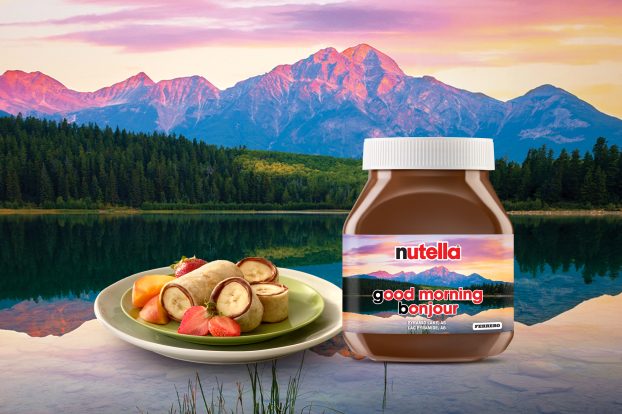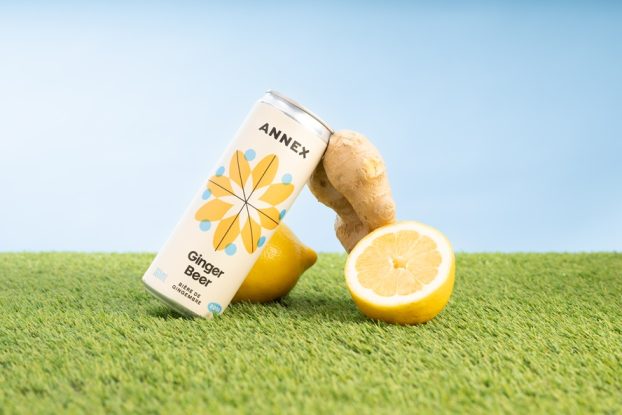Molson Breweries goes back to brewing basics this week with the launch of two beers in its Signature Series – Molson Amber Lager and Molson Cream Ale – both brewed from recipes more than 200 years old.
The preservative-free, old-recipe style of brewing targets the market now covered by the microbreweries.
The premium-priced Signature Series has been released first in Ontario, with rollout to other provinces to follow.
Advertising created by Vickers & Benson of Toronto also gets under way this week.
Oldtime values
The campaign stresses quality, pride, craftsmanship and passion for brewing with a free-standing, eight-page insert in daily newspapers and a series of four 30-second tv commercials.
Both segments of the campaign use a documentary-style approach that focusses on the importance of craftsmanship.
The first page of the insert features a large foaming glass of beer embossed with the Signature Series logo. The heading is ‘How do you know when you’ve brewed a great beer?’
Inside, craftsmen who take pride in their work are profiled: a bootmaker, a barber, a maker of fly-fishing rods, a guitar maker and Walter Hogg, Molson’s senior brewmaster.
Each page is tagged with ‘Dare To Be Great.’
The Molson Committment to Quality and its 1-800 customer satisfaction number complete the insert on the back page.
The tv campaign follows the theme using the barber, the rod maker, the guitar maker and Hogg in four separate spots.
Molson has launched Amber Lager, Cream Ale and Triple X ice-brewed beer since its October announcement of a preservative-free product lineup, and is including ‘free of preservatives’ in advertising for the new brands.
Upgraded equipment
The announcement was made after Molson upgraded equipment in all of its plants so that no oxygen enters the product during bottling, thus eliminating the need for preservatives.
Freda Colbourne, Molson director of corporate communications, says ‘no preservatives’ will be part of future advertising plans for Molson although it has not been decided whether it will be via a corporate campaign or as part of all brand advertising.
At Labatt, Paul Smith, director of public relations, says only one or two of the brewery’s nine plants have not been upgraded to provide preservative-free product.
Smith says Labatt has been moving in the direction of preservative-free bottling for the past three to four years and he considers Molson’s new preservative-free capabilities a ‘good news’ announcement for the industry.
Labatt does not plan an advertising campaign promoting preservative-free brands but will probably start putting a ‘no preservative’ line on labels. PS























